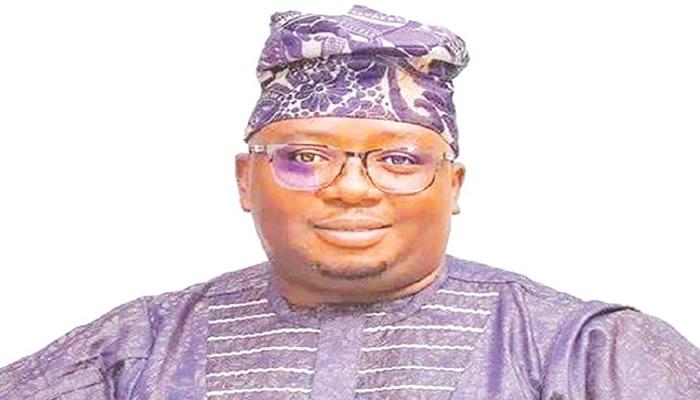The Nigeria Labour Congress (NLC), Trade Union Congress (TUC), and Organised Private Sector on Wednesday criticized the recent increase in electricity tariffs for Band A customers.
This comes in the wake of the Nigerian Electricity Regulatory Commission (NERC) approving the hike due to factors such as naira depreciation, inflation, and increased operational costs.
Several distribution companies, including Ibadan Electricity Distribution Company (IBEDC), Eko Electricity Distribution Company, and Kaduna Electricity Distribution Company, announced a tariff increase from N206.80/kWh to N209.50/kWh, effective July 1, 2024.

Despite the seemingly marginal rise, organised labour and private sector operators expressed strong opposition, questioning the need for another increase following the previous hikes.
In response, IBEDC Acting General Manager Francis Agoha stated that the adjustment, approved by NERC, was essential to address economic challenges such as exchange rate fluctuations, inflation, and gas costs. He assured that only Band A customers would be affected, while tariffs for Bands B, C, D, and E would remain unchanged.
READ ALSO: Nigeria Loses N7 Billion in Cargo Transport During Nationwide Strike
Despite the assurances, various stakeholders, including the Nigerian Association of Small-Scale Industrialists and the Association of Small Business Owners of Nigeria, voiced concerns about the negative impact on industries and the broader economy. They warned that higher production costs could lead to reduced demand for locally made goods, increased unemployment, and a rise in crime rates.
Experts in the electricity sector, like Bode Fadipe, also criticized the timing of the tariff hike, urging the government to be sensitive to the current economic hardships faced by Nigerians. The NLC and TUC, along with other labour groups, have pledged to resist the increase, emphasizing that it adds an undue burden on already struggling citizens and businesses.
READ ALSO: Labour Day: Why Nigerian Workers Deserve Access to Affordable Housing
This tariff hike follows recent reports of rising monthly electricity subsidies, driven by the strengthening dollar and accelerating inflation. As the debate continues, the government and regulatory bodies face mounting pressure to find a balance between operational sustainability and economic relief for consumers.



